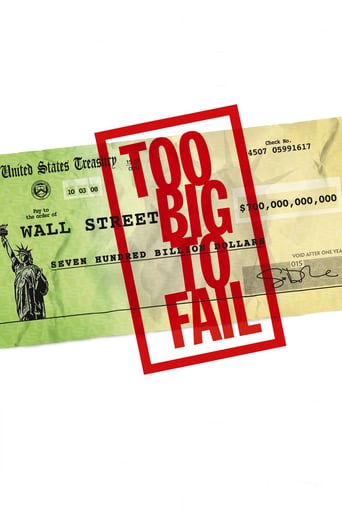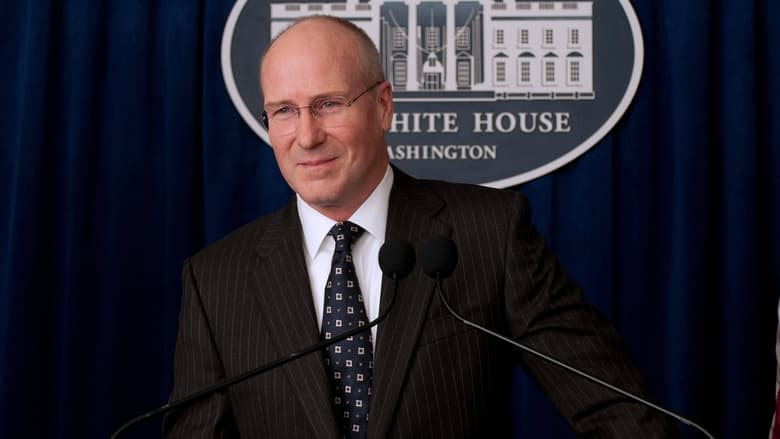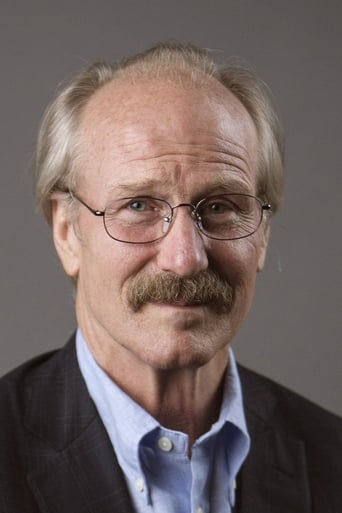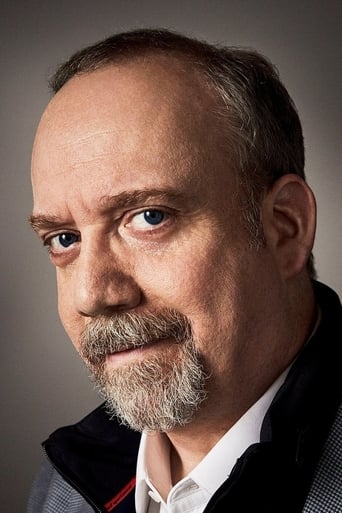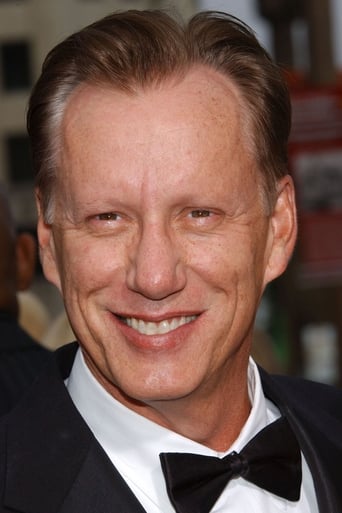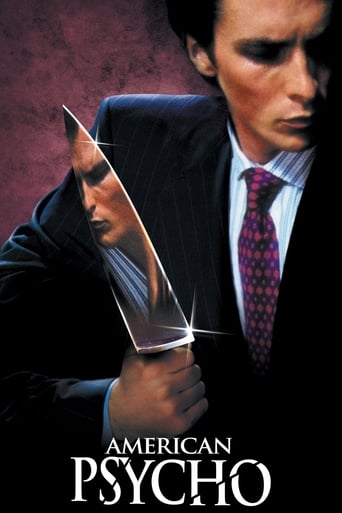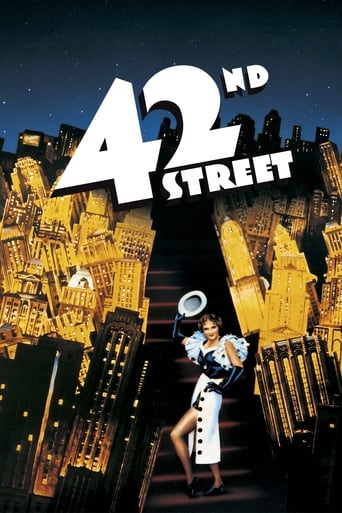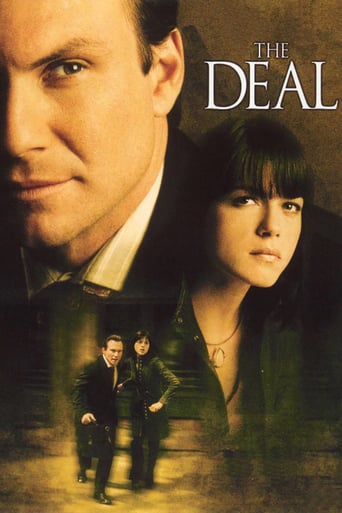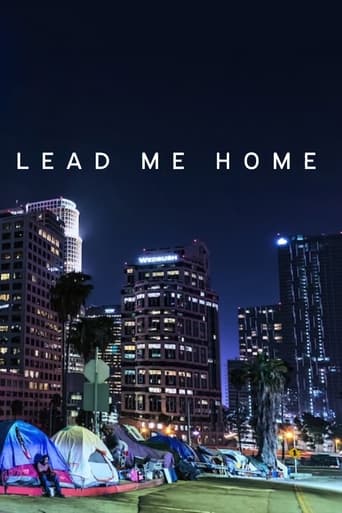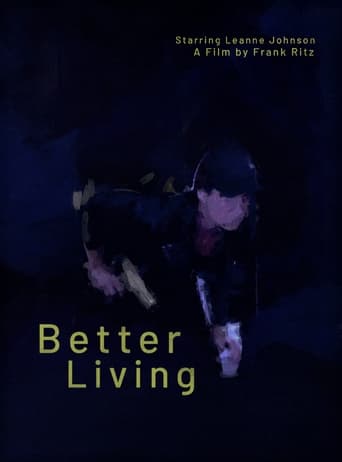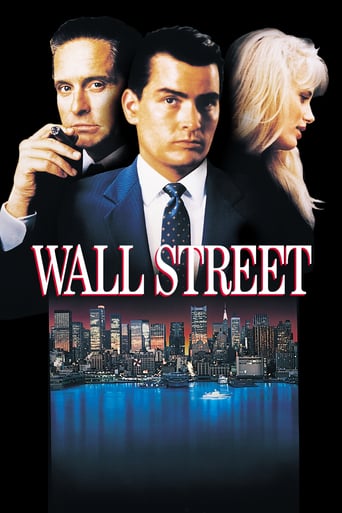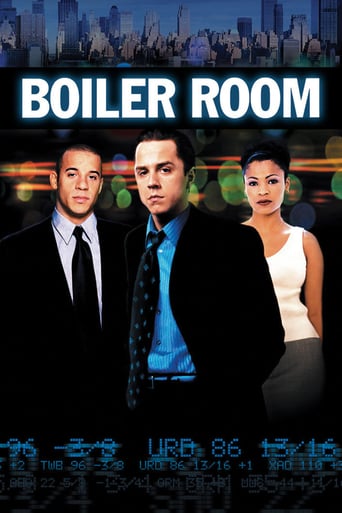Too Big to Fail (2011)
An intimate look at the epochal financial crisis of 2008 and the powerful men and women who decided the fate of the world's economy in a matter of a few weeks.
Watch Trailer
Free Trial Channels
Cast


Similar titles
Reviews
This movie feels like it was made purely to piss off people who want good shows
Close shines in drama with strong language, adult themes.
A terrific literary drama and character piece that shows how the process of creating art can be seen differently by those doing it and those looking at it from the outside.
Through painfully honest and emotional moments, the movie becomes irresistibly relatable
What I don't understand is, why the movie followed the Treasury Secretary? Why didn't it follow the Federal Reserve Chairman? Why did it show the Treasury Secretary talking and working with the Federal Reserve Bank of New York? Why Wouldn't the Federal Reserve Bank of New York's boss, the Federal Reserve Chairman, talk to and work with him? Also, the Federal Reserve Chairman spent his academic career studying the (previous) Great Depression. He would have the best understanding of what to do.
I just watched the too big to fail and i log on to IMDb for just vote then when i looking at the comments,there's a lot of criticism about Paulson's way of show.I didn't know even name of Paulson until the movie but i didn't describe him as a hero.Movie clearly telling the viewers 'What cause of the crisis?' and 'Paulson didn't do anything about that' (for the remind Paulson says:'because we did a lot of money)that's one part -coming crisis- but managing crisis is another part of the story.Movie tells us a very brief time -its starts a few days earlier of Lehman Brother bankruptcy ends with a congress decision about banks- i mean when system in the crisis.Let's say The movie showed Paulson as a great crisis manager,its very little thing if you can block the crisis before.Also early meeting scene 2 bank of CEO blaming Paulson with not understand the size of problem.Skip comments and Paulson.Movie has very smooth,understandable (even for me)language with a great cast and director of course it could be some minuses but in a 100 minutes its really hard to find a story tell better.Must to watch i think
Movie is not very revealing. Nothing about what went wrong in the financial crisis is delved into in this movie. Most of the movie re-enacts what the major guys were trying to do while the crisis was unfolding, albeit playing to typical stereotypes- The cool guy who runs JP Morgan chase vs the confused Indian guy who runs an even bigger Citigroup? I also believe some of the worst offenders of this crisis were dealt sympathetically in a way that is unfair to their role in causing the crisis. Also has subtle racism (against say Vikram Pandit), clichés and panders to the viewers. You can skip this movie and see some other ones on financial crisis.
You can look at a movie like this two ways: as an accurate representation of the source and as a piece of drama. Too Big To Fail is not too big to fail on both counts.I should have known to expect with a cast that sports the likes of Ed Asner, but the degree of the left-wing Hollywood spin that they put on the story was stilling annoying. They just can't let go of a chance push their ant-business agenda, even if it means inventing new scenes and even directly contradicting the source book itself. Talking about painting the lilly! Exhibit #1: There was an invented scene about 2/3 of the way through the film apparently designed to explain the roots of the calamity. They throw around terms like CDO and CDS so fast that anyone unfamiliar with the book and the background to the financial crisis would have no clue what they were talking about. They then whitewash the home owners as victims, just poor dupes swindled by the unethical mortgage brokers. In reality, of course, many of these were greedy people living way beyond their means using their houses as piggy banks while many others were pure speculators. We don't hear anything blame about the likes of left wing heroes Barney Frank and Charles Shumer who lit the fuse on the whole mess by demanding that banks make mortgages available to the poor. There is not a word about the Quants whose unrealistic risk models told bankers that such a disaster could never happen. We don't hear about the corruption of the ratings agencies, collapse of the carry trade, etc. No, there is only room for one villain in the Hollywood left villain pantheon – big business CEO's.Exhibit #2: The ending is another invented scene that is thoroughly misleading. They have Paulson pleading that he hopes that the banks will lend out the TARP money as intended to stimulate the economy. Then there is a prologue saying that the banks didn't. This is pure rubbish. In the book, Sorkin makes it perfectly clear that this was not the purpose of TARP. It was to stabilize the financial world by injecting capital to deleverage the banks and to rebuild investor confidence. The banks could not lend money because it would push their leverage back up. But Hollywood isn't interested in what Sorkin said, if they can take another parting potshot at big business.Leftwing distortions aside, Too Big To Fail was simply very dull. For a while, it is amusing to see actors who look so much like their real-life counterparts, especially Paul Giamati as a Ben Bernanke clone and Evan Handler's amazing resemblance to Lloyd Blankfeld. But the characters are uniformly dull. Even scene that should be great theater (e. g., Paulson kneeling before Nancy Pelosi) come across a dead and perfunctory. The only breaking in the dullness is James Woods' way over the top portrayal of Dick Fuld. It bordered on comic relief.The book just didn't work as a movie. The book was a series of vignettes, whose complexity reflected the complexity of the actual crisis. The story lurches from vignette to vignette with not real plot or story developing. Further, the need to boil the book down into typical movie running time also meant that they drastically has to simply and shorten many of the events to the point of losing the real story. The collapse was not the kind of linear event that works on the screen.In sum, the movie fails as both history and as drama. A much better movie about the financial disaster could have been made from Michael Lewis's highly entertaining "The Big Short," that amusingly tells the story from the viewpoint of a few quirky Wall Street outsiders who saw the collapse coming and the problems that they encountered by running contrary to popular wisdom. It's the same story, but a lot more fun. But there would have been some sympathetic businessmen characters. The Hollywood lefties wouldn't want that.

